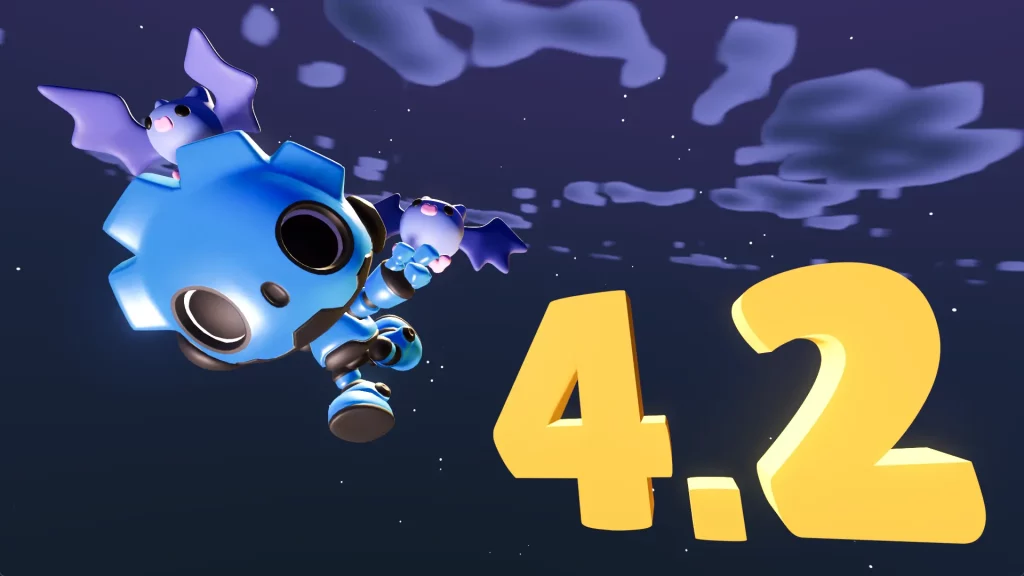
Events often resist efforts to package them up and stamp a Convenient Narrative on them, but it’s really tempting to me to say the history of the internet in this era is that of many people rejecting the hegemony of large corporations and doing things for themselves.
Social media has seen the rejection of Twitter, for reasons I really don’t want to hash out again here, and while some ran directly to Threads or Bluesky, a good number realized it was eventually just going to happen all over again, and that helped to increase the update of open source, federated work-alike Mastodon.
Another piece of this narrative vase that we might be able to fit into place, with creative thinking and a whole lot of glue, is the downfall of Unity and how it helped the effort to create the free open source gamedev replacement Godot. And lo, after a fairly recent release of 4.0, yesterday they already released 4.2. The changelog is here. Here is GDQuest’s rundown of the changes (22 minutes), and here are Lukky’s five favorite new features (3m), which are:
- FSR 2.0 support (upscaling higher resolution output from lower resolution rendering)
- Color-coding of folders in the file hierarchy within Godot’s UI
- The ability to “bake 2D navmeshes”
- When resizing 3D objects, the UI no longer resizes symmetrically around the object’s origin by default, but instead only the side you’re changing is modified
- And, within the code editor, you can now create special comments to define a code region, which can be independently collapsed to reduce clutter, and expanded when you need access to its contents. And the Ctrl-K Comment Out feature works better now.
To get back to talking about software philosophy…. There are unique problems with using fully open tools to create games. Console manufacturer devtools are still locked in a mode where the maker hands you proprietary libraries, which they are unwilling to make freely available because of their economic desire to preserve trade secrets and control their platform. Most developers get around this by going through a third party, who has independently created a system of working between the open development framework and the publisher’s libraries, and then licenses it to a studio so they can get their project working on consumer hardware.
Godot is subject to this limitation, with 4.2 being no exception. But there is a sense, with it, that it’s the brightest hope for free and open game development going right now. They don’t ask for any license fees, they don’t try to count how many installs you have and they don’t track user behavior. But because they don’t try to claw in income through direct means, fair or foul, they must survive off of contributions. If you find Godot useful to your work, please consider using their donation link and signing up for an entirely voluntary plan.
